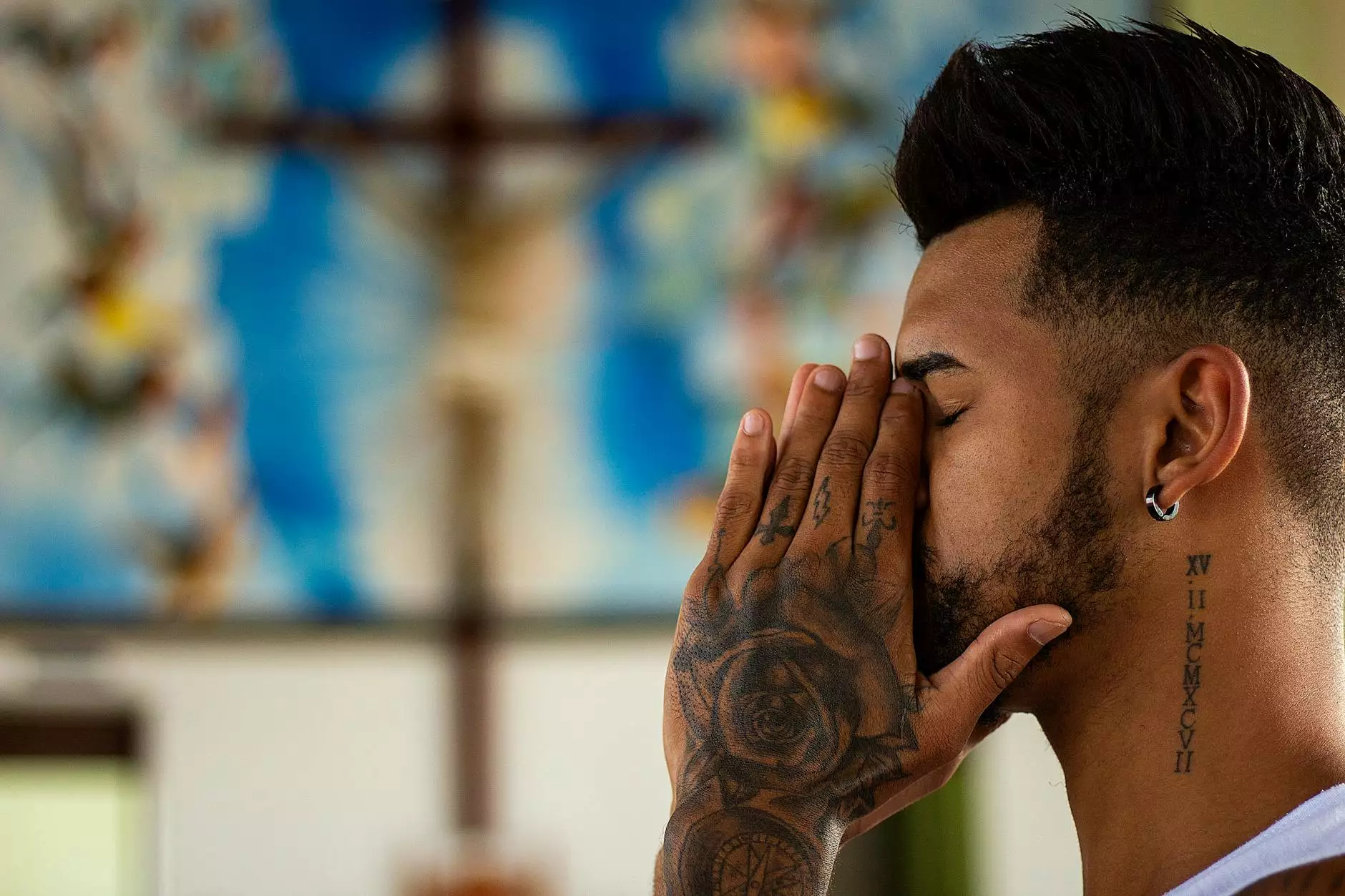Transforming Communities Through Faith: The Power of Churches and Non-Profit Organizations in Urban Development

In today's rapidly evolving urban landscapes, community organizations, particularly religious organizations and churches, play an instrumental role in fostering social cohesion, addressing societal challenges, and promoting holistic development. These entities are not merely places of worship but are vital pillars that underpin community resilience, economic vitality, and spiritual enrichment. https://bridgechurchnyc.com/ exemplifies this profound impact by exemplifying commitment and innovation in a bustling metropolitan setting.
Understanding the Role of Religious Organizations in Urban Communities
Religious organizations, especially churches, serve multifaceted functions within urban neighborhoods. They are centers for spiritual growth, social services, and community activism. Their influence goes beyond individual faith, affecting broader societal issues such as poverty alleviation, education, elderly care, and youth engagement.
Spiritual Guidance and Community Building
At the heart of every church or religious group is a commitment to spiritual development and moral guidance. These institutions knit communities together through shared beliefs and values, creating a sense of belonging and purpose. Regular services, prayer groups, and religious festivals foster unity and promote positive social interactions among residents.
Social Services and Community Outreach
Many churches expand their reach by offering extensive community service programs. These include food pantries, shelter support, youth mentorship, literacy initiatives, and health services. Such programs are critical in underprivileged urban areas, providing safety nets for vulnerable populations.
The Unique Contributions of Churches to Urban Development
Urban churches act as catalysts for economic development and social progress. Their influence extends into several key areas:
- Providing Safe Spaces: Churches are safe havens where individuals can seek solace, support, and community engagement.
- Fostering Youth Engagement: Churches organize youth programs, camps, and educational seminars that divert young people from negative influences and foster leadership skills.
- Encouraging Civic Participation: Faith communities often motivate civic involvement, volunteering, and local activism that drive positive change.
- Promoting Interfaith Dialogue: As neighborhoods become more diverse, churches serve as platforms for dialogue, acceptance, and mutual understanding among various faith groups.
Community Service and Non-Profit Initiatives: Building Bridges and Breaking Barriers
The intersection of faith-based organizations and non-profit work creates a powerful synergy that addresses critical urban issues. These initiatives effectively bridge gaps in services, advocate for policy change, and mobilize resources toward sustainable community growth.
Holistic Approach to Community Development
Successful non-profits led by faith groups adopt a holistic approach, recognizing that physical needs are intertwined with emotional and spiritual well-being. Programs focus not only on immediate relief but also on long-term empowerment, education, and capacity building.
Examples of Impactful Community Programs
- Food and Clothing Drives: Alleviate immediate hardship and promote dignity.
- Mentorship Programs: Guide at-risk youth towards productive lifestyles.
- Health Outreach: Provide screenings, vaccinations, and health education.
- Educational Support: Scholarship funds, after-school tutoring, and literacy classes.
- Housing Assistance: Support for affordable housing projects and eviction prevention.
The Strategic Role of https://bridgechurchnyc.com/ in Community Upliftment
Bridge Church NYC exemplifies a modern faith-based organization deeply committed to transforming urban neighborhoods through innovative programs and strategic partnerships. Their efforts encompass a broad spectrum of community issues, emphasizing collaboration, compassion, and sustainable growth.
Leadership and Vision
The leadership at https://bridgechurchnyc.com/ understands that meaningful change requires visionary planning combined with practical action. Their model emphasizes inclusivity, cultural sensitivity, and adaptive programming to meet the evolving needs of the city’s diverse population.
Programs and Initiatives
- Community Outreach: Engaging residents through events, workshops, and fellowship activities.
- Educational Empowerment: Providing resources for job training, literacy, and youth development.
- Health and Wellness: Organizing health fairs, mental health support, and fitness activities.
- Housing and Poverty Reduction: Partnering on affordable housing projects and rent assistance programs.
- Interfaith Collaboration: Building bridges across different faith communities to foster unity and joint action.
Impacts and Success Stories
The tangible impacts of these initiatives are evident in the lives transformed and communities revitalized. From improving literacy rates among youth to reducing homelessness and fostering spiritual growth, the success stories serve as a testament to dedicated faith-based activism.
Case Study: Empowering Youth Through Faith and Education
A compelling example is a youth outreach program that combines mentorship, vocational training, and spiritual guidance. Participants report greater academic achievement, increased self-esteem, and stronger ties to their community. Such programs demonstrate that holistic approaches rooted in faith can create lasting change.
Future Outlook: The Role of Faith in Sustainable Urban Development
As cities continue to grow and diversify, the role of faith-based organizations like https://bridgechurchnyc.com/ will become increasingly vital. Their ability to foster social cohesion, nurture leadership, and provide innovative solutions positions them as essential partners in urban planning and development.
Integrating Faith-Driven Initiatives into Broader Policy Frameworks
Collaboration between faith communities and local government is crucial for creating comprehensive strategies addressing homelessness, education disparities, and economic inequality. Recognizing the strengths of religious organizations enhances the effectiveness and reach of civic programs.
Harnessing Community Power for Lasting Change
When faith-based organizations work hand-in-hand with non-profit sectors, local businesses, and civic leaders, they unlock the full potential of community-driven development. This multi-faceted approach ensures that growth is inclusive, sustainable, and rooted in shared values.
Conclusion: Embracing the Transformative Power of Churches and Community Service
In conclusion, the importance of religious organizations, churches, and community service/non-profit initiatives cannot be overstated in the landscape of urban development. These institutions serve as foundational pillars that uplift, empower, and unify communities against the backdrop of vibrant city life. Their dedicated efforts foster resilient neighborhoods where individuals are supported spiritually, socially, and economically.
Organizations like https://bridgechurchnyc.com/ exemplify how faith and community activism can intersect to create meaningful, sustainable change. By offering comprehensive programs that address the multifaceted needs of urban residents, they set a benchmark for community-led development that can inspire similar initiatives worldwide.
Join the Movement: Building a Stronger, United Community
Whether through volunteering, donations, or collaborative projects, every individual and organization has a role to play in fostering thriving communities. Embracing these values ensures that our cities remain places of hope, progress, and spiritual renewal. Together, we can harness the profound power of faith and community service to shape brighter futures for all urban residents.









